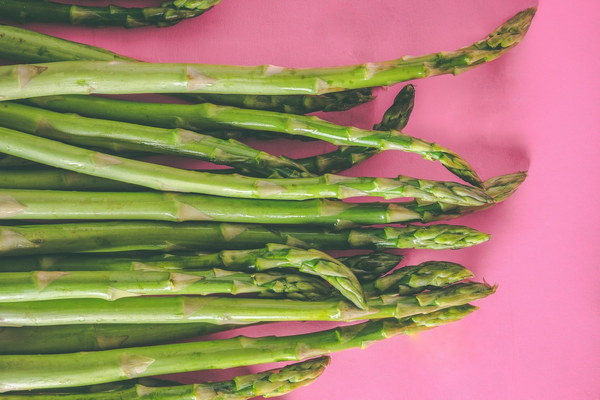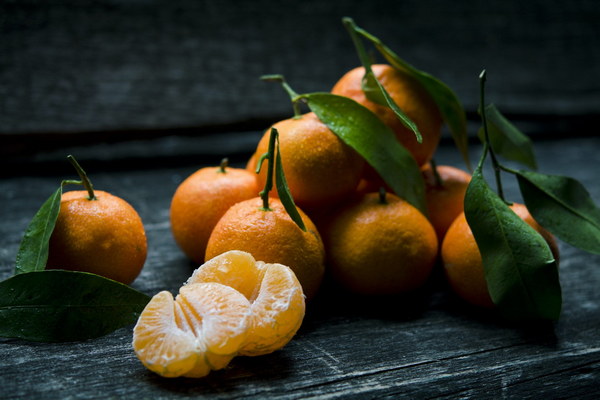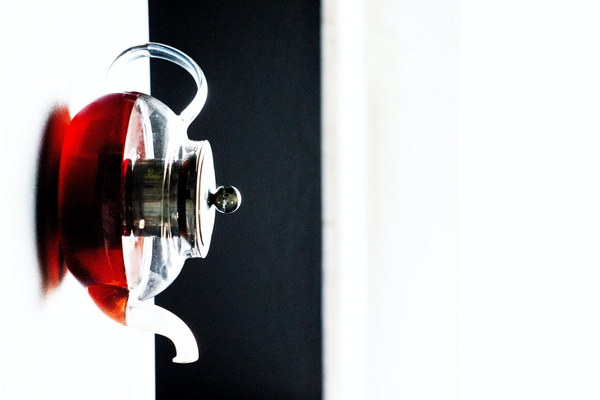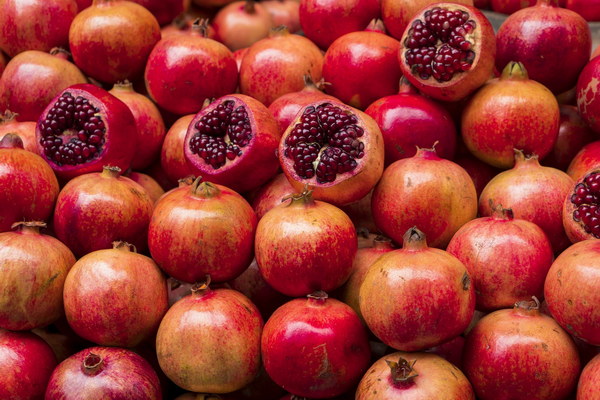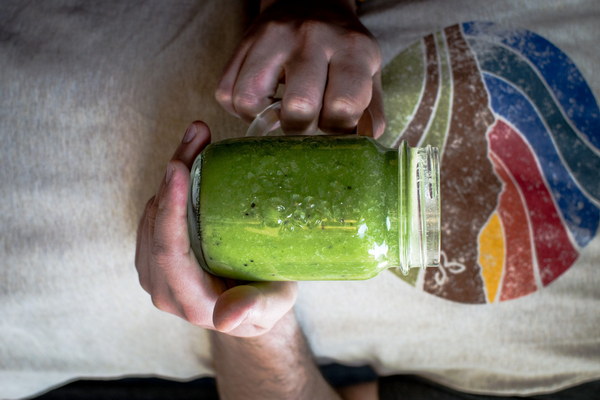Does Mid-Aged Tea Help in Removing Dampness Unveiling the Health Benefits for the Elderly
In the realm of traditional Chinese medicine, the concept of dampness is often associated with various health issues. For the elderly, who are more susceptible to such imbalances, finding natural remedies is of utmost importance. One such remedy that has been gaining popularity is mid-aged tea. But does mid-aged tea actually help in removing dampness? Let's delve into this topic and explore the potential health benefits for the elderly.
Understanding Dampness in Chinese Medicine
Dampness, according to traditional Chinese medicine, is an imbalance in the body's Yin and Yang, which can lead to various symptoms such as fatigue, weight gain, and joint pain. It is believed that dampness accumulates in the body due to factors like poor diet, excessive moisture, or a weakened immune system. For the elderly, this condition can exacerbate existing health issues and reduce overall well-being.
Mid-Aged Tea: A Natural Remedy
Mid-aged tea refers to the tea that has been aged for several years, which is said to have accumulated a wealth of health benefits. This tea is believed to have astringent properties that help in removing dampness from the body. Let's explore some of the potential benefits of mid-aged tea for the elderly:
1. Aids in Digestion: Mid-aged tea is known to stimulate digestion, which can be beneficial for the elderly who often suffer from digestive issues. The tea's astringent properties help in reducing dampness in the digestive system, thereby improving overall digestion.
2. Reduces Fatigue: For the elderly, fatigue can be a common symptom of dampness. Mid-aged tea is believed to boost energy levels by removing dampness and improving blood circulation. This, in turn, can enhance overall vitality and well-being.
3. Relieves Joint Pain: Dampness can accumulate in the joints, leading to pain and stiffness. Mid-aged tea's anti-inflammatory properties may help alleviate joint pain by removing dampness and reducing inflammation.
4. Improves Sleep: Excess dampness can disrupt sleep patterns, leading to insomnia. The calming effect of mid-aged tea may help improve sleep quality by soothing the nervous system and promoting relaxation.
5. Boosts Immune System: A weakened immune system is more prone to dampness. Mid-aged tea is believed to boost the immune system, making the body more resilient against infections and diseases.
How to Incorporate Mid-Aged Tea into Your Daily Routine
To enjoy the potential health benefits of mid-aged tea, here are a few tips:
1. Choose the Right Tea: Opt for high-quality mid-aged tea, such as oolong or pu-erh tea, as they are known to have astringent properties.

2. Consume in Moderation: While mid-aged tea offers numerous health benefits, it is essential to consume it in moderation. Drink 1-2 cups per day to avoid any adverse effects.
3. Combine with Other Herbs: To enhance the benefits of mid-aged tea, consider combining it with other herbs that help in removing dampness, such as goji berries or chrysanthemum flowers.
4. Seek Professional Advice: Before incorporating mid-aged tea into your routine, it is advisable to consult with a healthcare professional, especially if you have pre-existing health conditions or are taking medication.
In conclusion, mid-aged tea is believed to offer numerous health benefits for the elderly, particularly in removing dampness and improving overall well-being. While more research is needed to confirm its efficacy, incorporating this traditional remedy into your daily routine may be worth considering. Remember to consume it in moderation and seek professional advice to ensure its safety and suitability for your individual health needs.

